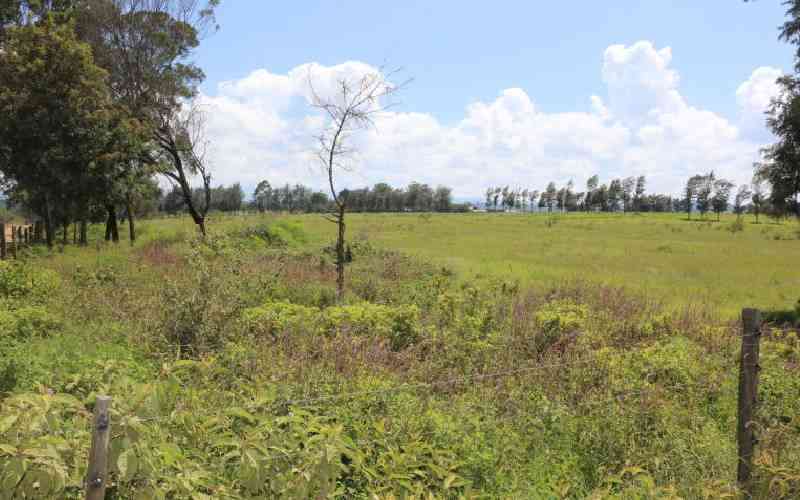×
The Standard e-Paper
Kenya’s Boldest Voice

Developing the rural area is easier than the urban. The land is cheaper and there is less likelihood of disputes due to land ownership. [Mose Sammy, Standard]
Amidst the inevitable end-of-year debauchery and runaway profligacy, some investors will be rushing to close mega deals in real estate as a safety net for an unpredictable new year.